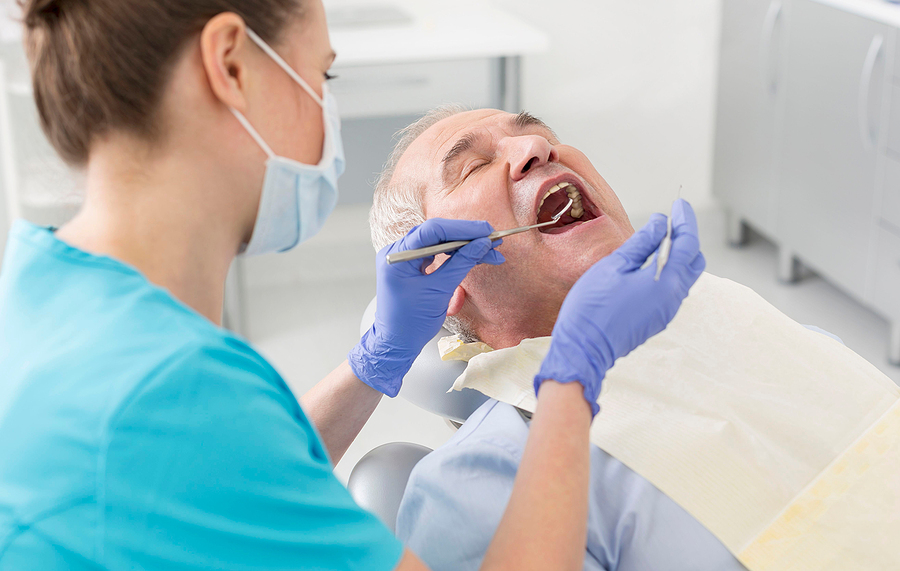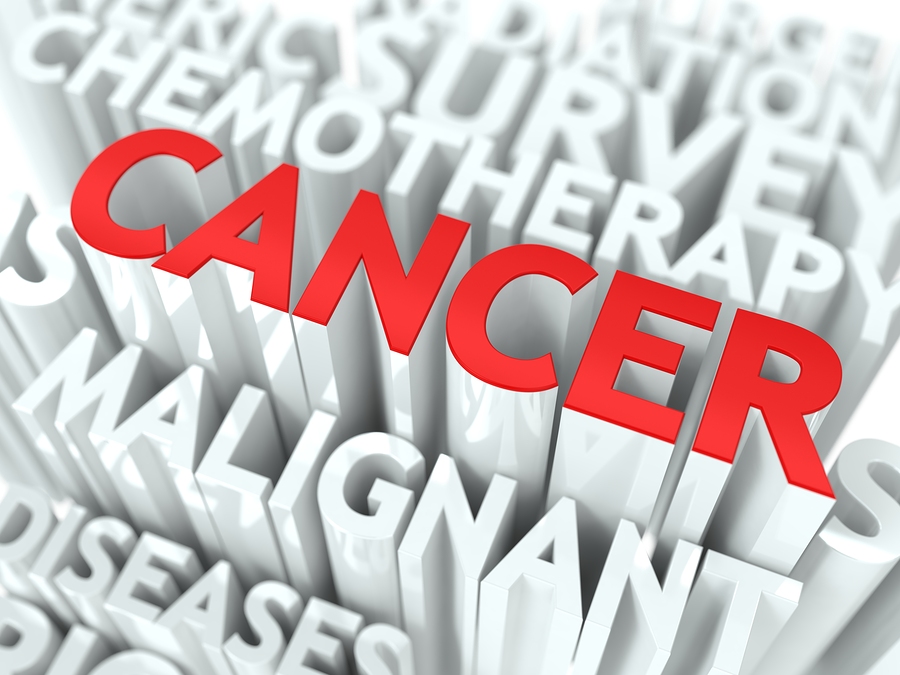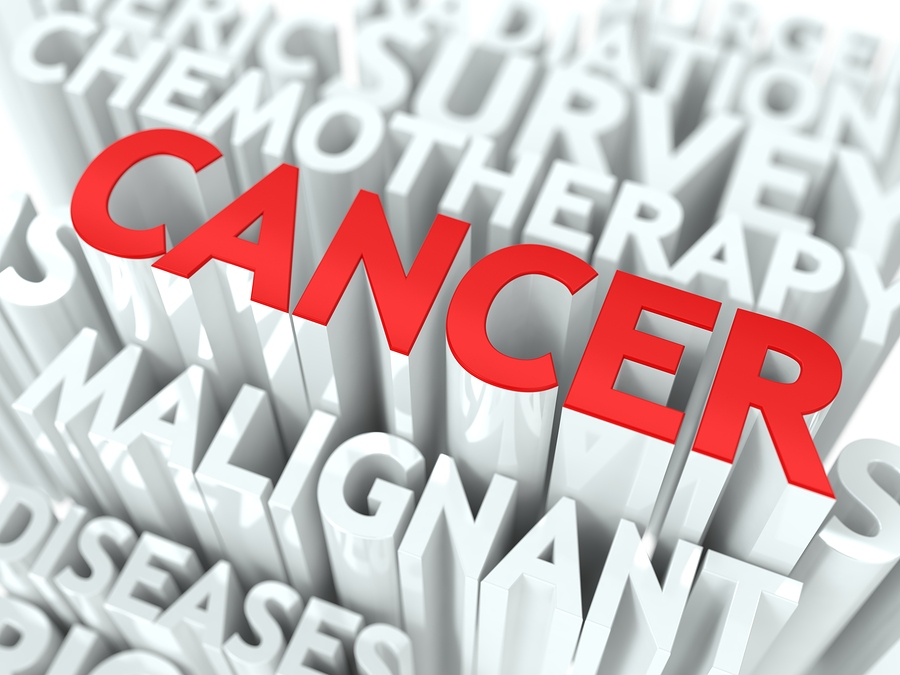
Are you worried that your elderly loved one might get oral cancer? Maybe you knew someone that had this type of cancer. It can be scary. However, there are many tips that can help your elderly loved one to prevent oral cancer. While there is never a 100% guarantee that someone won’t get cancer, these tips can give your elderly loved one the best chance to prevent it.
Regular Dental Care
One of the best tips for helping your elderly loved one to prevent oral cancer is to ensure they are brushing, flossing, and rinsing their mouth regularly. You or the elderly care providers should be encouraging your elderly loved one to brush their teeth 2 times a day for 2 minutes each time. They should also be flossing each time that they brush their teeth. After every time your elderly loved one eats, they should rinse out their mouth.
Avoiding Tobacco
Another way for your elderly loved one to prevent oral cancer is to completely avoid tobacco. Tobacco is one of the leading causes of oral cancer. If your elderly loved one doesn’t smoke cigarettes or use chewing tobacco, their risk of getting oral cancer will be significantly lower than someone who uses tobacco.
Eating Better Foods
There are also many foods that can help your elderly loved one to prevent oral cancer. If your elderly loved one eats more vegetables and fruits, they can lower their risk of getting this type of cancer. They should make sure to eat other foods such as mushrooms, yogurt, and sweet potatoes, too.
Good Lip Balm
Your elderly loved one should use lip balm with an SPF of 15 or more each day, as well. There are many senior citizens that don’t protect their lips. This can cause cancer to grow, as well. However, if you or the elderly care providers remind your elderly loved one to put on the lip balm a few times each day, it can lower their risk of getting oral cancer.
Regularly Check the Mouth
Your elderly loved one should be regularly checking their mouth, as well. If they notice changes in their mouth or right outside of their mouth, they should talk to their doctor. If your elderly loved one won’t remember to check inside of their mouth, you or one of the elderly care providers can do it for them.
Conclusion
These are some of the tips that can help your elderly loved one to prevent oral cancer. Now that you have these tips, you can help your elderly loved one to keep up with their oral health and work on preventing this type of cancer.
Sources
https://www.ncbi.nlm.nih.gov/books/NBK343649/

